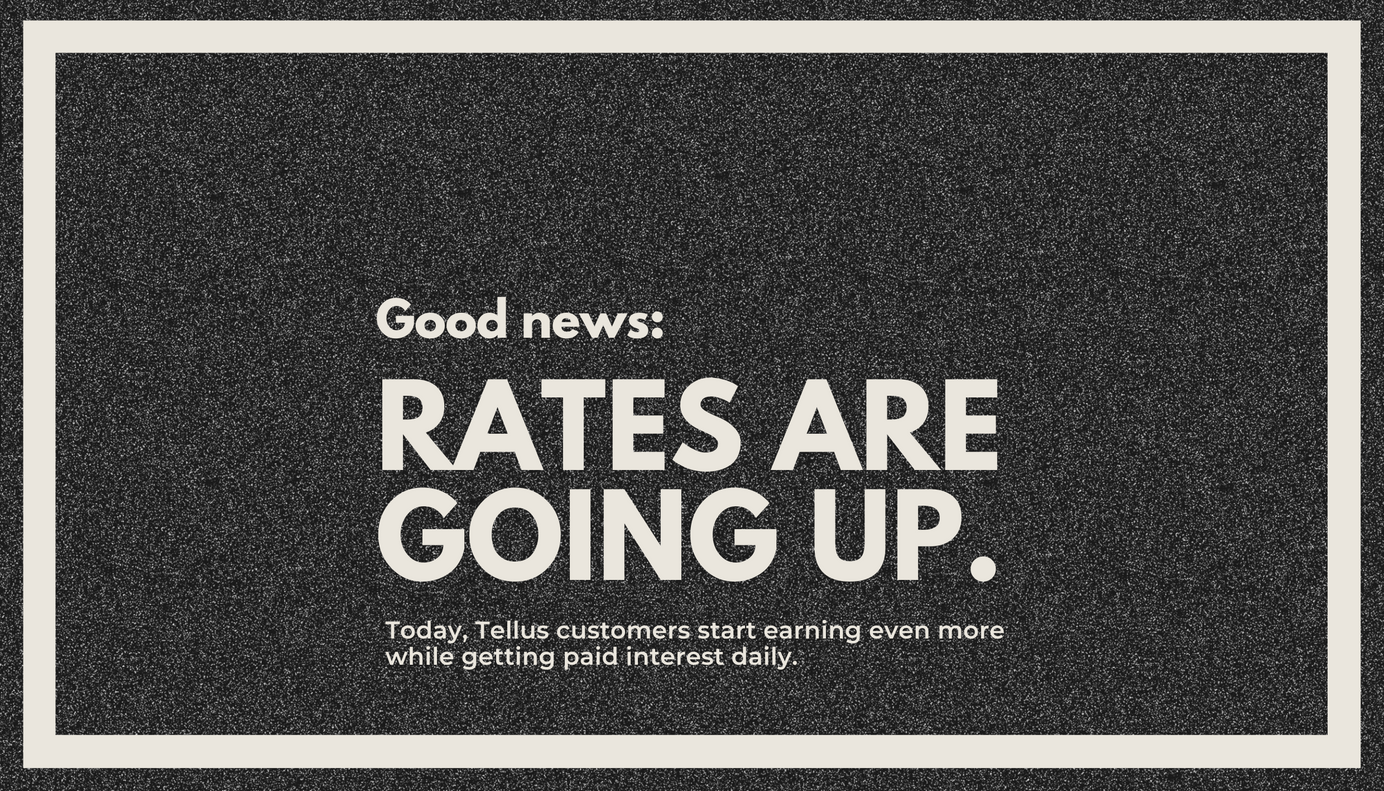
How to Fix Your Credit if You Can’t Pay Off Your Debts: Methods and Actionable Tips
Raising your credit score may be a challenge if money is tight. Here are expert tips and strategies to follow.
Are you disappointed with your credit score? Raising it may be a challenge, especially if money is tight. Discover the best tips and strategies from credit experts.
1. Review Your Score
Every 5th American has some form of error in their credit report. This means that roughly 20% of credit scores are unfair and calculated based on inaccurate information. No bureau is infallible, so any of your histories may be skewed. According to the experts from CreditRepairPartner.com, scores commonly drop due to:
● incorrect amounts reported;
● inclusion of accounts that do not belong to you;
● identity theft;
● false derogatories (e.g., evictions, bankruptcies, judgments, etc.)
To see if this is the case, collect your information from www.annualcreditreport.com. As the URL suggests, every citizen is entitled to a free copy of each report annually. Due to the pandemic, the service is provided weekly until April 20, 2022.
Scrutinize the documents, going line by line. Any erroneous information may be disputed thanks to The Fair Credit Reporting Act. You may do this on your own or enlist the help of experts. Credit repair is a big industry, as delegation saves consumers a lot of time and effort.
The biggest challenge is investigative work. You or the firm acting on your behalf will collect evidence to prove that the information must be deleted. This requires liaising with lenders, collecting bank statements and other official documents. The bureau does not change its records without proof.
Every dispute takes between 30 and 45 days. To see what your letter should look like, check the website of The Consumer Financial Protection Bureau. All correspondence should be sent by certified mail with a return receipt requested. This way, you will have evidence that your letter was received. Eventually, the bureau will agree with the requested changes, reject them, or ask for more information. Considering the length of each investigation, it is clear why the quality of proof is vital. All this work can be quite intimidating, which is why we recommend finding a professional firm that can act on your behalf to ensure all the matters are properly taken care of.

2. Rebuild It
When the score is damaged through the consumer's own actions, the recovery process takes much longer. But you can achieve much faster results by targeting the most influential factors. First, learn about the scoring logic, which is quite similar for both VantageScore and FICO. Here is a breakdown of how different aspects of credit are factored into your overall score: :
- Prior payments (35%)
- How much you owe in total (30%),
- Length of history (15%),
- New accounts (10%) and
- Credit mix (10%)
Never Miss Another Payment
As you can see, making payments on time is paramount. To prevent further damage, set automatic reminders or automatic transfers. Make at least the minimum payments. If you find yourself in a bind, negotiate with the lender. Restructuring or refinancing your debt is better than letting those late payments and penalties accumulate.
Work with Your Revolving Credit: Three Solutions
The second element offers the biggest choice of possible adjustments. It includes credit utilization, which is calculated for all credit cards you have, regardless of whether you use them. This is the proportion between the sum of balances and the sum of limits. The more available credit you have and the less of it is used—the better. Experts recommend keeping the rate at 10% or lower. For example, 10% utilization on four credit cards with a total limit of $4,000 means you should have a total balance of $400.
Naturally, not every consumer can afford to pay off their balances quickly. In this case, pay as much as you can, and work with the other side of the equation—the limits. First, you may ask for a credit limit increase. Secondly, you could get a new credit card from another issuer. Secured cards are the easiest to get, as you need to make a deposit.
The third option is becoming an authorized user on someone else's account. If you have a friend or family member with a stellar borrowing history, their status may work to your advantage. Their limit will become part of your own utilization.

Add More Information
Experian Boost is a free service that may give you around 12 points. The reporting agency allows consumers to add utility payments, phone bills, and even their HBO subscription to the reports. All you need is access to your online bank account. If these bills have been paid on time then your score will increase. One nice thing about Experian Boost is that after adding access your FICO score is updated in real time. The more information you have about the bills that you incur and pay on time, the better.
Apply for New Credit Sparingly
To improve the history, you may get a new loan and pay it back diligently. Do this wisely to prevent accumulation of hard inquiries. Every time a lender checks your history, this leaves a mark. A high concentration of inquiries over a brief period of time is bad for the score, as it makes you look desperate for cash.
On the upside, applications for the same type of service (e.g, mortgage or consumer loan) are treated collectively as one item. Rate shopping is perfectly acceptable. In comparison, an individual who has applied for a credit card, auto loan, and a consumer loan over 14-45 days (depending on the scoring model) is guaranteed to see a temporary dip in their score.

Consequences of Late and Missed Payments: FAQ
Making all payments on time is crucial for your borrowing history. This is the single most influential factor in both scoring systems (FICO and VantageScore). Normally, late payments are recorded after 30 days of delay. If you forget to pay, correct your mistake as soon as possible. Once the derogatory item appears, there will be no opportunity to remove it. Learn about the effects of non-payment below.
● How Long Are Late/Missed Payments Reported?
Most negative events remain on the records for 7 years. Then, they expire and disappear naturally. Unfortunately, you are not able to speed up this process. While the effect fades with time, the consequences are still significant.
● What If the Debt Gets Sent to Collections?
This will exacerbate your problems. The lender will pass your debt to a collection agency, and the account will have a substantial effect on the score. It’s important that you do everything you can to prevent this from happening. Communication with your lender is key. Note that paid collections remain on your records for 7 years, just like most of the derogatories.
● What If I File for Bankruptcy?
This is the worst-case scenario. This legal event will impact your status for a long time. Chapter 7 bankruptcies have the longest lifespan — 10 years. In comparison, filing for bankruptcy under chapter 13 will leave a derogatory lasting 7 years.
● What Other Negative Information Can Impact My Score?
Late payments, collection accounts, and bankruptcies are not the only possible ramifications. Financial institutions will also report repossessions, foreclosures, and debt settlements. All these derogatories have a standard lifespan of 7 years.
In Summary
Due to the significance of your credit score, it is important to be vigilant about how your numbers are formed. There are so many mistakes and missteps that people can make that puts you in a worse position than you really should be. There are also missed opportunities that could give you a firm grasp of your financial security. Never take the numbers you see as the end result. Take your future into your own hands and create the financial situation that is best for you and your family.








